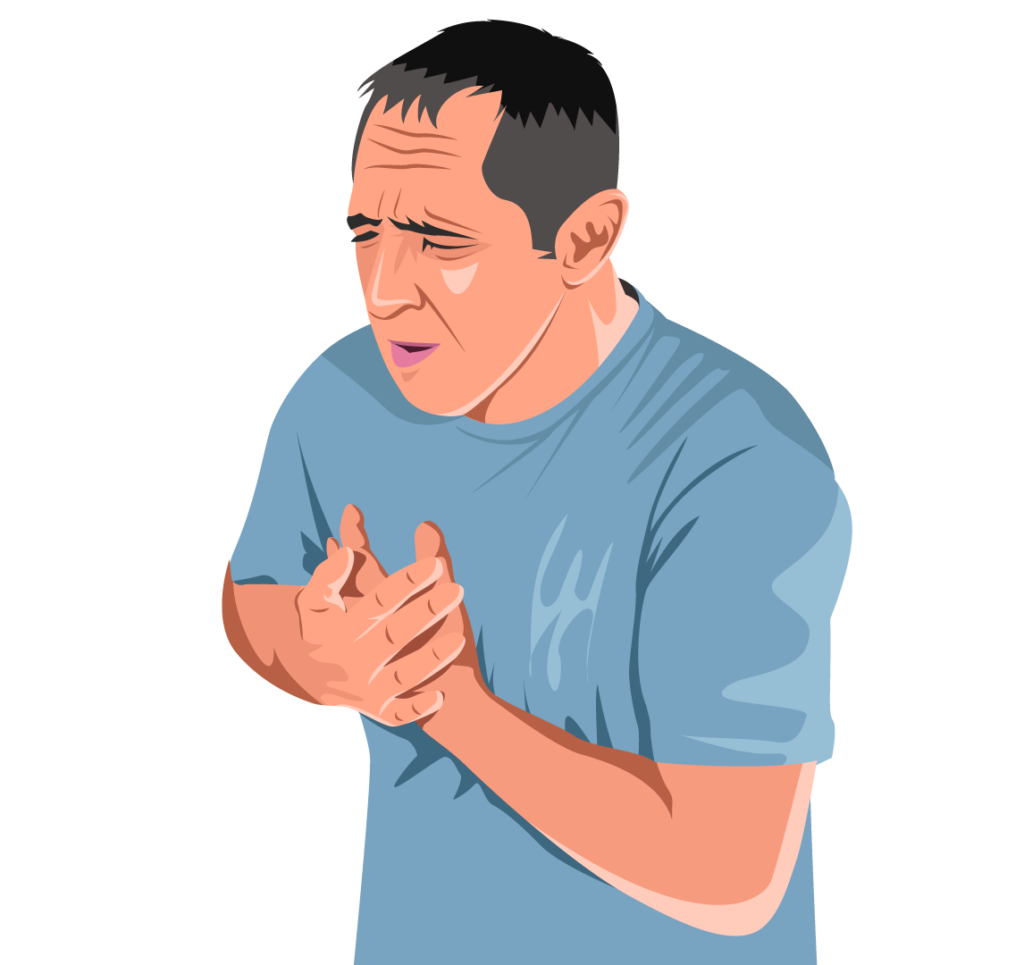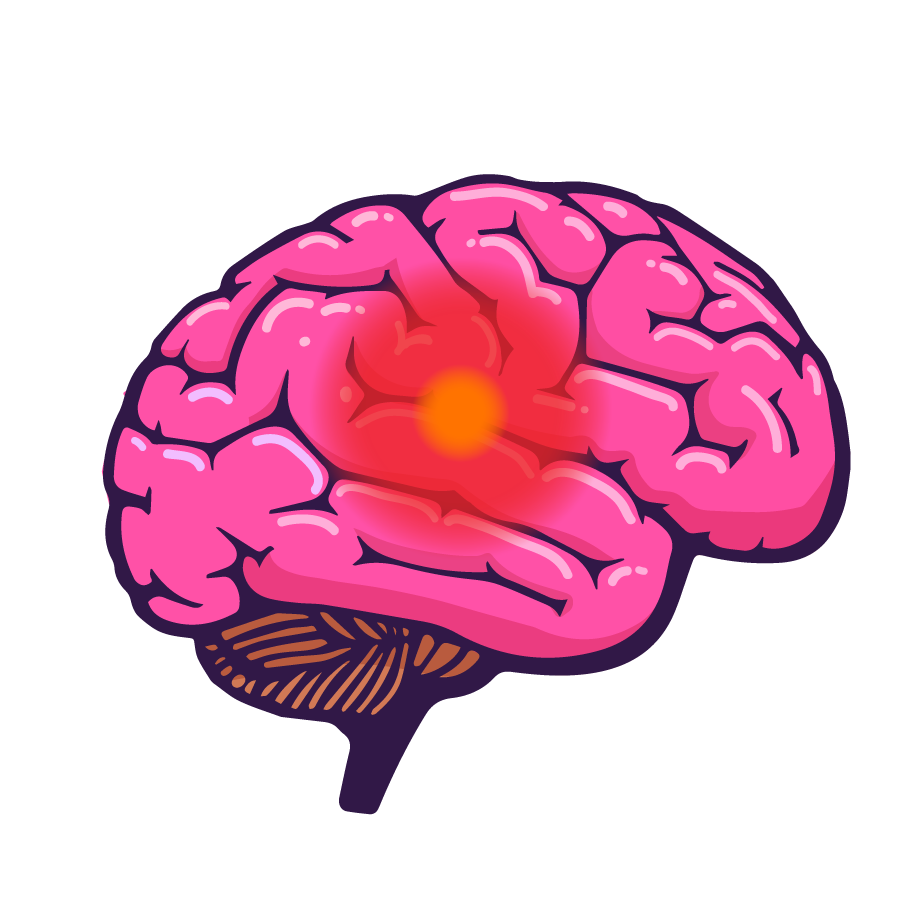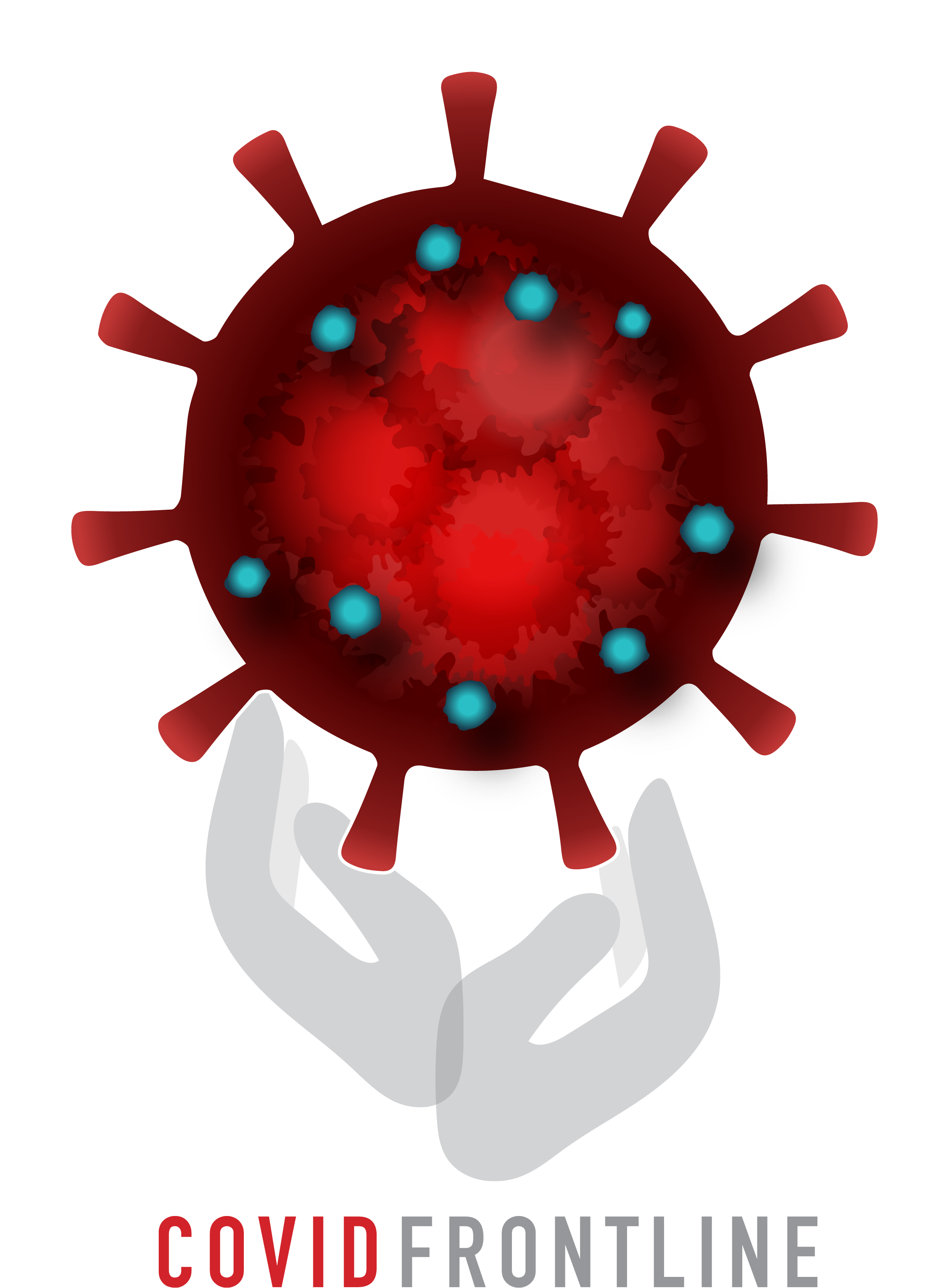Infection with severe acute respiratory syndrome coronavirus 2, or SARS-CoV-2, can leave persistent and prolonged effects in multiple organ systems, causing breathing problems, fatigue, joint pain, brain fog, and heart palpitations, plus depression and other mood disorders.1,2 Survivors of the SARS epidemic and the Middle East respiratory syndrome, or MERS, outbreak have reported similar long-term effects.3–7
Scientists are investigating the reasons why some people are more susceptible than others to long-term effects of COVID-19. Research aims to answer questions like “Is viral RNA protein from SARS-CoV-2 stored somewhere in the body?”. Analyses of intestinal biopsies from people who had asymptomatic COVID-19 seem to suggest so—evidence of SARS-CoV-2 viral RNA and protein four months after infection were detected by immunofluorescence and PCR.8


What is the role of genetics in long COVID? The COVID Human Genetic Effort is an international research cohort investigating the genetic and immunological factors that increase the risk of long COVID, in addition to other manifestations of COVID, such as multisystem inflammatory syndrome in children and COVID toes.15 The focus of this effort is to study people who had mild acute COVID-19 but are still having persistent fevers, dysautonomia, or other abnormal physiological presentations 12 weeks or more after their initial symptoms.2
To best manage people with long COVID, robust studies of the manifestations of this disease are important and will inform evidence-based multidisciplinary-care approaches and prioritize research in this area. The National Institutes of Health established a research initiative focused on the post-acute sequelae of SARS-CoV-2 Infection (PASC) to study a cohort of patients to determine how many people experience symptoms of long-term COVID and why.16
References
- Graham EL, Clark JR, Orban ZS, et al. Persistent neurologic symptoms and cognitive dysfunction in non-hospitalized Covid-19 “long haulers.” Ann Clin Transl Neurol. 2021;Mar 23: Epub ahead of print.
- Marx V. Scientists set out to connect the dots on long COVID. Nat Methods. 2021;Apr 28: Epub ahead of print.
- Ahmed H, Patel K, Greenwood DC, et al. Long-term clinical outcomes in survivors of severe acute respiratory syndrome and Middle East respiratory syndrome coronavirus outbreaks after hospitalisation or ICU admission: a systematic review and meta-analysis. J Rehabil Med. 2020;52:jrm00063.
- Hui DS, Joynt GM, Wong KT, et al. Impact of severe acute respiratory syndrome (SARS) on pulmonary function, functional capacity and quality of life in a cohort of survivors. Thorax. 2005;60:401-409.
- Lam MH, Wing YK, Yu MW, et al. Mental morbidities and chronic fatigue in severe acute respiratory syndrome survivors: long-term follow-up. Arch Intern Med. 2009;169:2142-2147.
- Lee SH, Shin HS, Park HY, et al. Depression as a mediator of chronic fatigue and post-traumatic stress symptoms in Middle East respiratory syndrome survivors. Psychiatry Investig. 2019;16:59-64.
- Moldofsky H, Patcai J. Chronic widespread musculoskeletal pain, fatigue, depression and disordered sleep in chronic post-SARS syndrome; a case-controlled study. BMC Neurol. 2011;11:37.
- Gaebler C, Wang Z, Lorenzi JCC, et al. Evolution of of antibody immunity to SARS-CoV-2. Nature. 2021;591:639-644.
- Liotta EM, Batra A, Clark JR, et al. Frequent neurologic manifestations and encephalopathy-associated morbidity in Covid-19 patients. Ann Clin Transl Neurol. 2020;7:2221-2230.
- Islam MF, Cotler J, Jason LA. Post-viral fatigue and COVID-19: lessons from past epidemics. Fatigue Biomed Health Behav. 2020;8:61-69.
- Townsend L, Dyer AH, Jones K, et al. Persistent fatigue following SARS-CoV-2 infection is common and independent of severity of initial infection. PLoS One. 2020;15:e0240784.
- Afari N, Buchwald D. Chronic fatigue syndrome: a review. Am J Psychiatry. 2003;160:221-236.
- Norrie J, Heitger M, Leathem J, et al. Mild traumatic brain injury and fatigue: a prospective longitudinal study. Brain Inj. 2010;24:1528-1538.
- Marshall M. The lasting misery of coronavirus long-haulers. Nature. 2020;585:339-341.
- Covid Human Genetic Effort. (www.covidhge.com/) Accessed 5/6/2021.
- National Institutes of Health (NIH). Explore COVID-19 funding opportunities from NIH. (https://covid19.nih.gov/funding/open-funding-opportunities) Accessed 5/6/2021.

